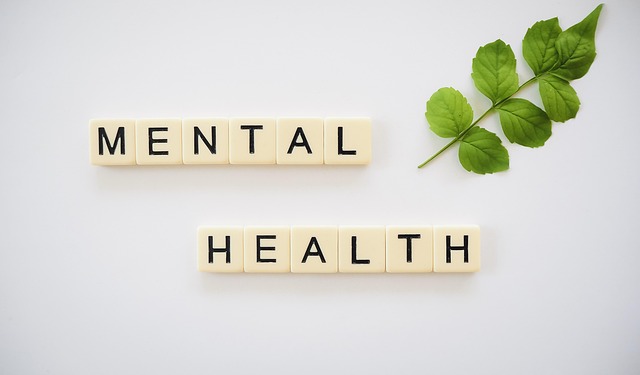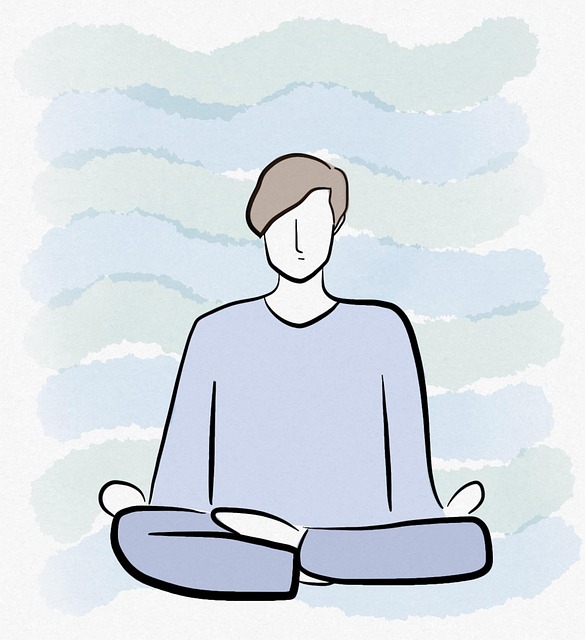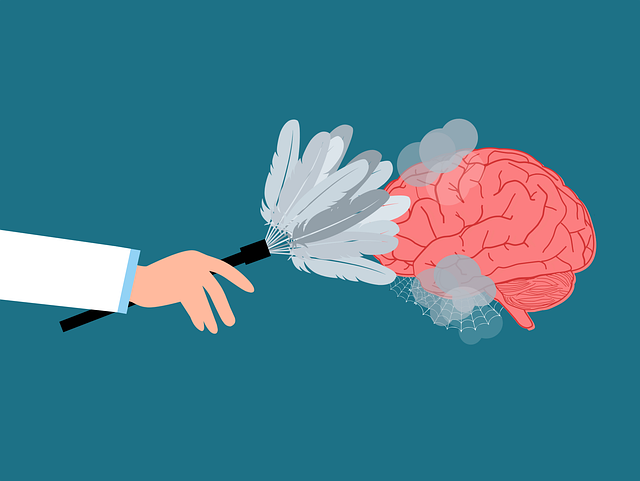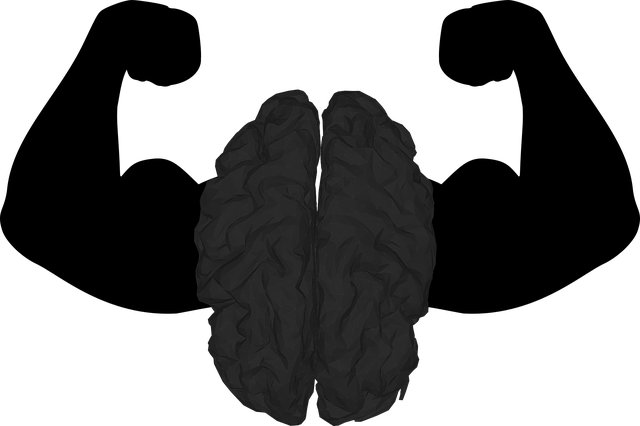Mindfulness meditation offers a popular therapy for elders with relationship difficulties. By focusing on the present moment, cultivating awareness of thoughts, emotions, and bodily sensations, elders gain new perspectives and develop effective coping mechanisms. Simple practices like journaling or listening to podcasts can integrate mindfulness into daily routines, fostering mental wellness and communication skills. Community workshops further facilitate adoption, ultimately enhancing overall well-being for elders seeking therapy for relationship issues. Incorporating mindfulness meditation significantly benefits older adults dealing with relationship problems, managing stress, regulating emotions, and improving quality of life.
“Unwind and reconnect with yourself through mindfulness meditation, a powerful tool for helping elders navigate relationship issues. This article guides you through the essence of mindfulness, offering practical steps to integrate it into daily life. We explore its therapeutic benefits, especially in fostering emotional well-being among the elderly, while acknowledging potential challenges.
Learn how this ancient practice can enhance relationships, promote calmness, and serve as a transformative therapy for elders, ultimately improving their overall quality of life.”
- Understanding Mindfulness Meditation for Relationship Issues in Elders
- Practical Steps to Incorporate Mindfulness Meditation into Daily Routines
- The Therapeutic Benefits and Challenges of Mindfulness Meditation for Elderly Individuals
Understanding Mindfulness Meditation for Relationship Issues in Elders

Mindfulness meditation is an increasingly popular therapy for elders facing relationship issues. It offers a gentle and accessible approach to healing and self-discovery, focusing on the present moment rather than dwelling on past grievances or future worries. By cultivating awareness of thoughts, emotions, and bodily sensations, elders can gain new insights into their relationships and learn effective coping strategies. This practice is not about quieting the mind but rather observing thoughts with detachment, allowing for a more balanced and empathetic perspective.
For those seeking therapy for elders relationship issues, mindfulness meditation can be integrated into daily routines through simple exercises like Mental Wellness Journaling or even listening to a thoughtfully produced Mental Wellness Podcast Series. These activities encourage reflection and self-expression, fostering mental wellness and improved communication in interpersonal relationships. Moreover, participating in Stress Management Workshops organized by various communities can provide additional guidance on incorporating mindfulness practices into one’s life, ultimately enhancing overall well-being.
Practical Steps to Incorporate Mindfulness Meditation into Daily Routines

Incorporating mindfulness meditation into your daily routine can be a transformative practice for both physical and mental well-being, especially for older adults dealing with relationship issues or seeking therapy. Start by setting aside just 5–10 minutes each day for meditation. Choose a quiet space where you won’t be disturbed; this could be your bedroom or even a cozy corner of the living room. Begin with simple breathing exercises: focus on inhaling deeply through your nose, holding for a moment, then exhaling slowly through your mouth. This grounding technique helps to calm the mind and body.
Consistency is key. Make meditation part of your daily regimen by setting reminders or incorporating it into existing routines. For instance, you can meditate right after breakfast or before bedtime. Over time, increase the duration as comfort allows. Remember, mindfulness is not about achieving a certain state but rather cultivating present-moment awareness. Be gentle with yourself; if thoughts wander, simply acknowledge them and gently redirect your focus to your breath. This practice can significantly enhance communication strategies, mental illness stigma reduction efforts, and trauma support services by promoting emotional regulation and improving overall quality of life, especially for older adults navigating relationship challenges.
The Therapeutic Benefits and Challenges of Mindfulness Meditation for Elderly Individuals

Mindfulness meditation has gained significant attention as a therapeutic tool for elderly individuals, offering a gentle and effective approach to address various challenges that come with aging. Regular practice can significantly enhance overall well-being, focusing on both mental and physical health. For seniors, it serves as an excellent method to manage stress, a common concern in later life. By cultivating present-moment awareness, they can learn to let go of anxious thoughts and find peace within their minds. Moreover, mindfulness meditation encourages self-awareness exercises, enabling elders to better understand and regulate their emotions, which is particularly beneficial in navigating relationship issues that may arise during this phase of life.
However, introducing and maintaining a consistent meditation practice among the elderly population comes with its challenges. Some individuals might struggle with physical discomfort or cognitive changes that can make focusing difficult. Adapting mindfulness techniques to suit different needs and abilities is essential. Nonetheless, with patience and tailored guidance, mindfulness meditation can empower seniors to build resilience, fostering a sense of calm and improving their overall quality of life. This ancient practice has the potential to bring about positive changes in stress management, emotional regulation, and enhancing relationships—all critical aspects of therapeutic care for elders.
Mindfulness meditation emerges as a powerful therapy for relationship issues among the elderly, offering a gentle yet profound approach to enhance emotional well-being. By integrating practical steps into daily routines, elders can navigate the challenges of aging with increased resilience and improved interpersonal connections. While mindfulness presents therapeutic benefits, recognizing potential challenges ensures its effective adaptation to individual needs. With consistent practice, mindfulness meditation has the potential to revolutionize relationships in later life, fostering a sense of calm and connection.












